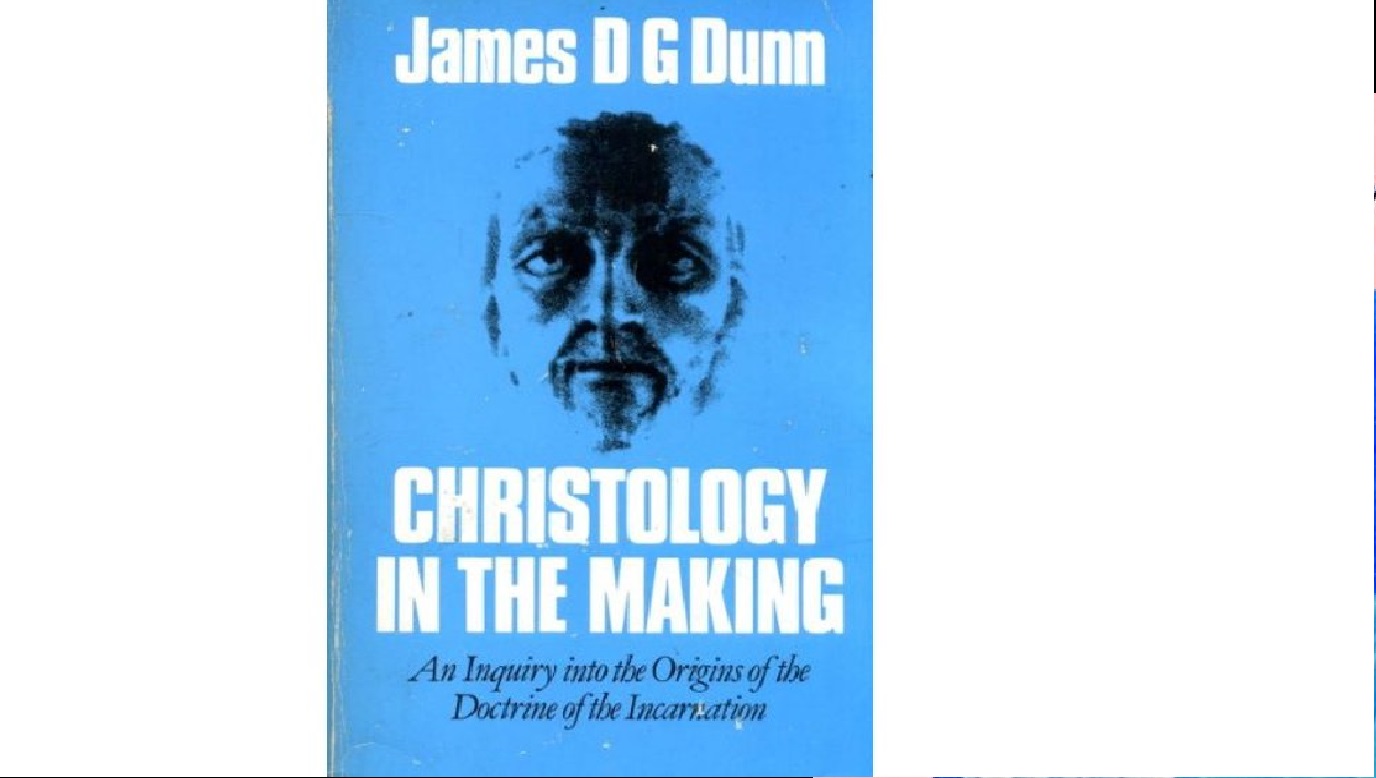
Christmas and Incarnation
December 10, 2022
The word incarnate
December 10, 2022God’s Right Hand man

The image simply means sitting in a place of honor next to someone who is your superior. Here’s a good example from Mar 10.37 where the Apostles ask Jesus “Let one of us sit at your right.”
The NLT best captures the meaning of their petition: We want to sit in places of honor next to you.
The imagery comes from the famous Ps 110.1, the most quoted and alluded to Psalm by the NT writers. For example, Heb 1.13. The NET Bible on Ps 110.1 adds: The Lord’s invitation to the Davidic king to sit down at his right hand reflects the king’s position as the Lord’s vice-regent.
So in its Messianic biblical context, the phrase represented conferred authority in a royal setting. This means the one at the right hand will forever remain subordinate to the one who commanded him to sit at his right hand.
Paul makes this clear in 1Cor 15:27-28. The right hand imagery also echoes the most used OT verse by the NT writers, Dan 7.13.
Bishop N.T. Wright in his preface to How God Became King (2012) notes that Jesus, through his Ascension, was seated at the right hand of the Father.
In ancient Jewish thought, with echoes of Daniel 7, this could only mean that, from that moment, Jesus was the Father’s right-hand man….The Father’s accredited and appointed agent.”
This all leads to the Christian EndGame, the fulfillment of the gospel promise to Abraham, i.e., the establishment of God’s eternal Kingdom over “the kingdoms of this world.” (Rev 11:15; Dan 7.14)
Summary
As God’s Right Hand Man, Jesus has been conferred unprecendented and unparalleled authority. As he himself repeatedly makes clear:
“All authority has been given to Me in heaven and on earth.” Mat 28.18
“All things have been delivered to Me by My Father.” Luke 10.22
“I want you to know that the Son of Man has authority on earth to forgive sins.” Mar 2.10
“They know that you gave me everything I have.” John 17.7
Jesus even claims to be David’s lord (Mar 12.37) because he is the LORD’s, i.e., God’s Messiah (Luke 2:26). The Son is the unique chosen human agent, the last Adam. The Eerdmans Commentary on the Bible:
“As the human being described in Daniel 7, the human being to whom divine authority is granted, Jesus has authority to forgive sins…Jesus has not claimed to be God (if he had, the scribes would have reacted much more violently); He has claimed to be God’s vice-regent on earth. [And] while the son of man figure is similar to the Ancient of Days in John’s vision of the resurrected Jesus, there is no equivalency or identification. In fact, the giving of authority, power, glory to the son of man implies that his status is subject and therefore different from that of the Ancient of Days.”

